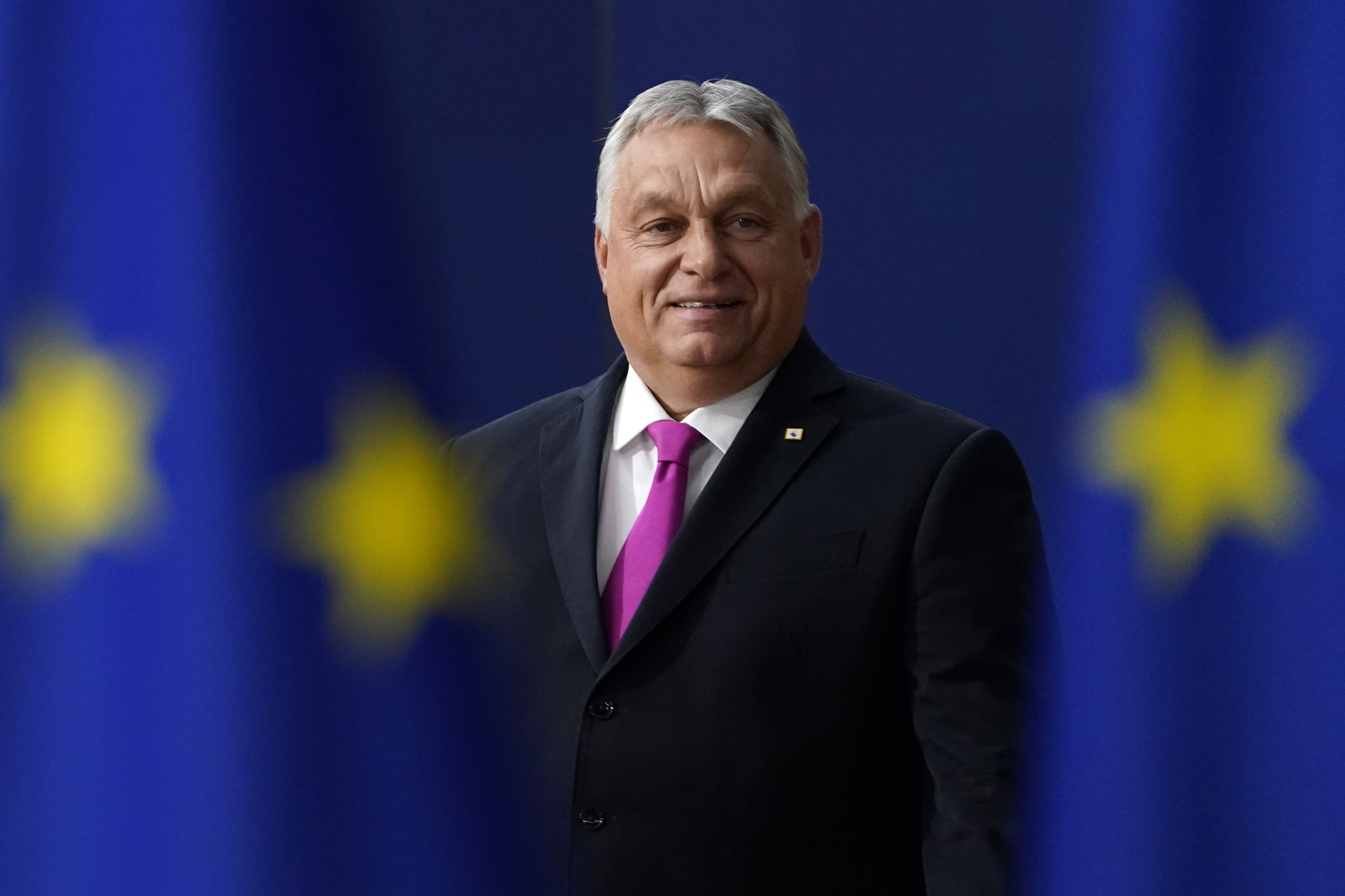In this year of big elections, one of the biggest is for the European Parliament starting on 6 June.
Up to this point, the Euro-establishment has not had to worry about the uncertainties of EU-wide democracy. A cosy arrangement between the three main Euro-parties — the centre-right European People’s Party (EPP), the centre-left Socialists and Democrats (S&D) and the liberal Renew Europe (RE) grouping, means that whatever the precise result, the establishment always gets in. Never mind the voters, the same old club gets to divvy up the plum jobs — above all the Presidency of the European Commission.
This time though there’s an element of jeopardy for the bigwigs. There’s a chance that the liberals will lose their third place and fall to fourth, fifth or even sixth position. That would undermine the legitimacy of the three-group stitch-up not to mention the future career options of the EU’s most senior liberal politician, Emmanuel Macron.
The biggest threat to the old order comes from Europe’s Right-wing populists. According to the latest projection of seats for Euractiv, the Right is expected to make substantial gains — with an additional 36 seats for the two biggest populist factions. The liberals, on the other hand, are projected to lose 15 seats and Greens 20 seats.
The projection does show RE just about hanging on to third place (in terms of MEPs), but it’s touch-and-go. Indeed, there are several reasons why the populists are stronger than the crude seat totals might suggest.
Firstly, as mentioned, Euro-populism is divided between two main groups: the national conservative ECR and the hard Right ID. If they were counted together then they wouldn’t just overhaul the liberals, but the socialists too, finishing behind only the European People’s Party.
Secondly, the ECR and ID groups each have a larger vote share (as currently polled) than RE. It’s only a quirk of the system that gives the liberals slightly more seats.
Thirdly, there are even more Right-wing populists hidden among the “non-inscrits“. This is the remainder bin of the European Parliament, containing all the MEPs who are unaffiliated to any of the formal Euro-groupings. These include the Hungarian MEPs belonging to Viktor Orbán Fidesz party. If they joined up with either the ID or ECR groups then the liberals would most likely lose their third place.
Fourthly, the June elections may return enough EPP and populist MEPs to create a Right-of-centre majority in the European Parliament. At least on some issues, the populists would be able to offer the EPP an alternative to its habitual coalition with the centre and centre-left. This will disrupt and perhaps destabilise the parliamentary dynamic.
Finally, the populist centre of gravity is moving westwards. While the hard Right has lost ground in Poland, it is surging in the most powerful countries with the richest economies (e.g. Germany, France, Italy and the Netherlands). Money talks in the EU and that influence will have an increasingly populist tone.
The coming election will be notable for one other thing. It will be the first time that the EU votes for a new parliament without the UK’s participation. For British Remainers that should be a comfort. The populist Right is about to make a major advance in Europe, but at least Britain will have no part in it. Hurrah for Brexit.











Join the discussion
Join like minded readers that support our journalism by becoming a paid subscriber
To join the discussion in the comments, become a paid subscriber.
Join like minded readers that support our journalism, read unlimited articles and enjoy other subscriber-only benefits.
Subscribe